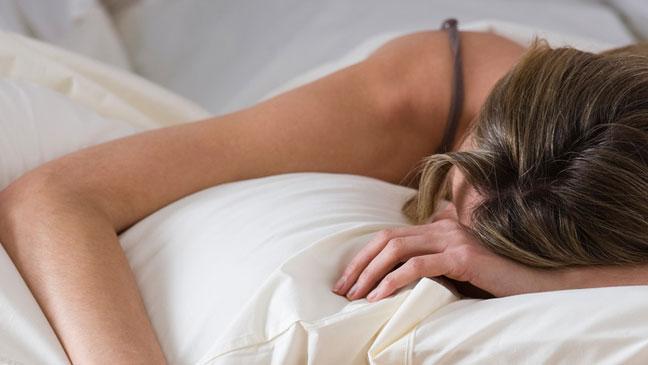Alcohol and sleep: what you need to know about how drinking affects your sleep pattern.
Getting up the morning after an evening spent drinking can be difficult, but how much does alcohol really affect how well you sleep?

One in three people in the UK regularly suffer from insomnia, making us some of the most prolific sheep counters in the world.
It’s a common problem among the over-50s, and warm summer nights make dropping off even trickier.
Occasional episodes of sleep deprivation are an annoyance, but they rarely cause any serious issues. For those people that suffer from persistent insomnia, it can have a significant impact on quality of life.
How we overcome sleepless nights will of course depend on the person, with muscle relaxation techniques popular, a focus on breathing another option, or perhaps… a nightcap?
Reaching for a glass
Alcohol may appear an attractive option at the end of a long day – research conducted by Leeds University, in conjunction with bed store Silentnight, showed 38% of people admitted to drinking alcohol at least once a week to help their sleep.
But sleep experts have warned that the drug is actually more likely to disrupt your sleep further.
Dr Nerina Ramlakhan, Silentnight’s sleep expert, said: “For centuries, humans have relied on alcohol as a relaxant to ease our passage into sleep. I enjoy a glass of wine as much the next person but from a psychological perspective, any alcohol will affect your sleep.”
Avoid a nightcap
The science says that drinking close to bedtime may send you straight into a deep sleep, causing you to miss out on the first stage, called rapid eye movement (REM) sleep.
REM sleep is vital for that refreshed feeling in the mornings, but alcohol may lower the amount of cycles of it you have in a night, from six to seven to just one or two.
Disrupted sleep
Drinking alcohol before bedtime is also more likely to have you up in the night. Not only is it a liquid – meaning you’ll probably need to visit the loo – but it’s also a diuretic. This means that you are more likely to sweat, and in turn, wake up feeling dehydrated.
If you’re a snorer, alcohol is likely to make that worse too. It relaxes your muscles, making it harder for air to pass freely through your mouth and nose.
So instead of that nightcap, avoid all drinks late at night. If your throat is parched, why not try a herbal tea or a warm, milky drink instead of alcohol or caffeine. You’ll probably wake up the next day feeling better for it.

 By
By 


